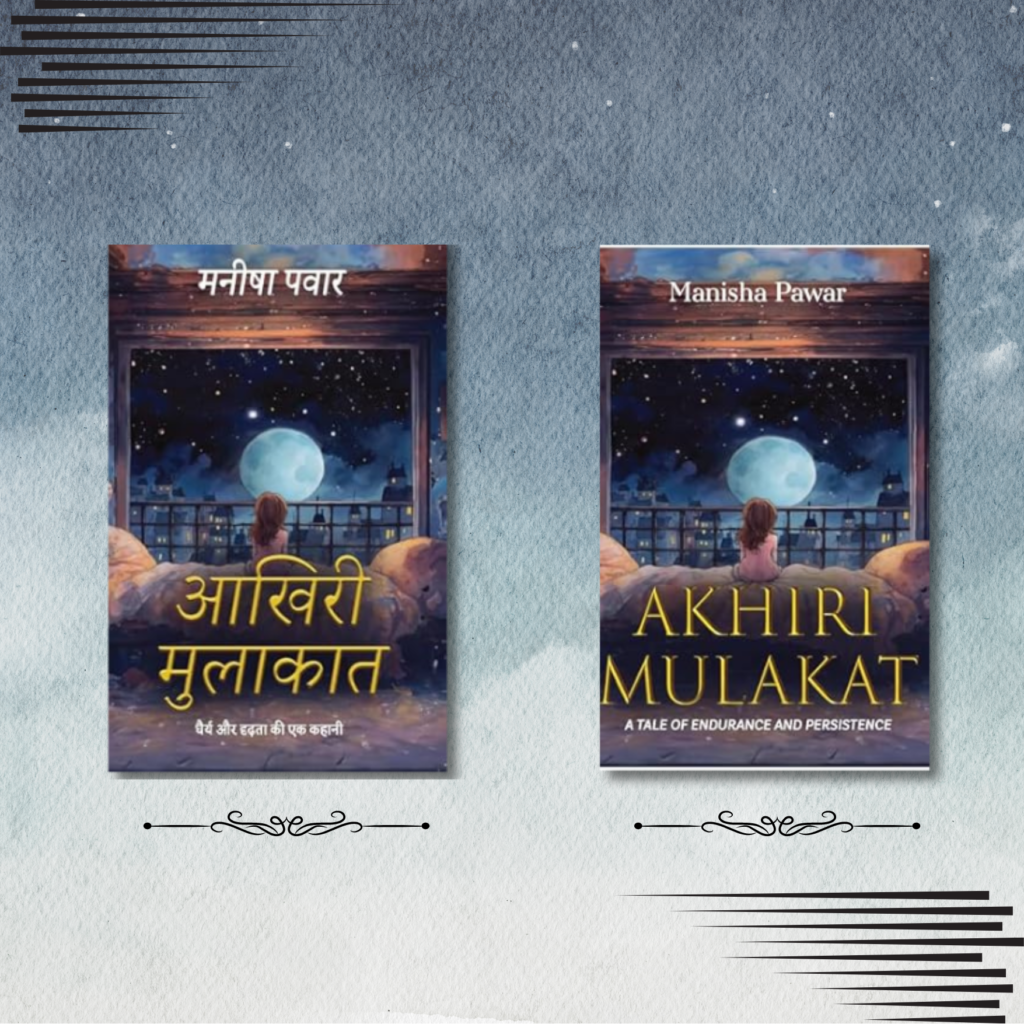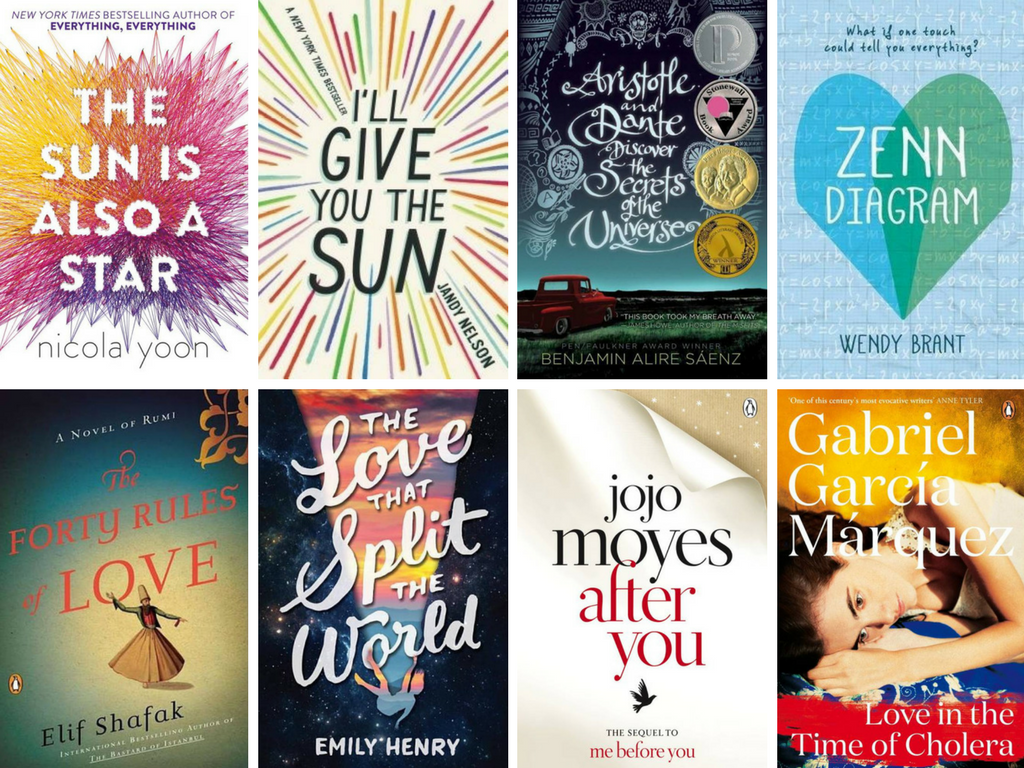Q 1 Tell us more about the book.
Romance is the basis for the book. The narrative revolves around a girl who experienced several life stages and was once diagnosed with cancer. She battled the illness and overcame it, but there is a belief that when God gives something to someone, he also takes something away from them, and vice versa. She became disabled as a result of her beauty, hair, and other surgical procedures, but she overcame all of this to become confident and daring to love a man who was far more attractive and fascinating. Since she knew he wouldn’t love her in return, she just loved him entirely. She experienced many highs and lows during this process, but she never felt like giving up on her love. She later confessed that she had loved him when she was rejected by him, and in doing so, she learned that love doesn’t mean having someone you can’t get or forcing someone to love you. It also doesn’t mean that you have to stop loving someone just because they don’t return the favor. Love entails letting go of someone, accepting them for who they are, and showing them patience and sacrifice no matter what. The novel tells the tale of one-sided love in a society where being in love requires physical contact, coercion, or dishonesty. This novel tells a tale in which love is beyond every right or wrong.
Q 2 Given the complex publishing process in India, what was your experience?
My experience with the intricate publishing process in India was positive since, via communication with the publisher’s team, I learned a lot about books, publishing, and the process that I was previously unaware of. The procedure itself is never simple; what matters most is how we complete the task with knowledge and diligence. Things take time, thus patience and diligence are required if we want good results. Calling a process complex won’t help; instead, it is far more appealing and remarkable to embrace the challenge of complexity and simplify the process on our own.
Q 3 What inspires you to write?
I used to ponder about stories and poetry when I was a teenager, but I never felt write them down. When I used to listen to our Indian poets and writer, such as Mirza Galib, Naseer, Amrita Pritam and Faiz, I would become enthralled with their shayari and stories, which skillfully captured their suffering, happiness, and loneliness. I used to close my eyes and listen to the storyteller Neelesh Misra when I was ten years old and would listen to his radio show. It brings me calm and allows me to build an imagined universe where I may develop characters based on stories. From then, I always intended to write a story, but I became so busy with my coursework and work that I never had the time to write, or rather, I never took the initiative to do so. However, it made me to write a year ago when I went through a period of intense misery, agony, and love.
Q 4 What are some of your life’s passions?
My passion in life is to uncover and craft original life tales that people would find meaningful. tales that transport them to a different, magical realm. I wish to travel to many places in order to experience a range of emotions that I can then write about. I discovered my love for writing by penning my first book and discovering art and travel.
Q 5 Are there specific messages or feelings you hope your readers take away from your book?
My book’s message or emotions are to never give up on the love of your life since love is a special emotion that God has only bestowed onto a select few who are able to feel it intensely. Additionally, never make snap judgments about someone based just on how they look because even one negative comment or response can drive someone to doubt their own value. And everyone deserves a last meet.

Q 6 Can you share your daily ritual for balancing your life?
My daily routine, or perhaps I should say my mantra, for keeping my life in balance is to welcome happy thoughts, hold onto positive energies, establish a connection with the universe’s creator- God, and have faith in everything’s process. By immersing myself in my passions—writing, crafts, painting, and creating peaceful surroundings. I simply cut things or people off if I can’t find mental and emotional calm and contentment in them. I spend time with myself, sometimes with a cup of tea, at the end of the day. For me, it is restorative or therapeutic.
Q 7 Do you believe that a writer needs to have strong emotions?
I believe that a writer is able to express a wide range of emotions and sensations on paper because they already have strong enough emotions. They possess the bravery to put everything—love, trauma, sadness, and happiness—on paper. While everyone else flees from facing their emotions, writers bravely face them in a way that is all their own. I often remark that a writer experiences life hundreds of times over; they relive the moments that have passed. A writer is strong enough to handle this; they don’t need to be strong; they are strong enough. To tackle this, one needs a strong heart and intellect.
Q 8 Tell us about the first book you read that made you cry.
Although I don’t read many novels, but once I read Amrita-Imroz: A Love Story, which provides readers with real-world glimpses into the “sacred hymn” of Amrita Pritam and Imroz’s shared lives. After reading this, I became very emotional and became curious to learn more about Amrita Pritam. I learned about Sahir and Amrita’s failed relationship and how Amrita never stopped loving him; Imroz who Madely fell in love with Amrita because of her loyalty and honesty, even though he knew she was seeing someone else and did not coerce her into being with him. He acknowledged her affections for Sahir. Three of them did not receive their life’s wishes, but they all experienced an incredible love that transcends all notions of good and wrong.
Q 9 Tell us about the most challenging part of writing.
I believe that the most difficult aspect of writing is coming across the past events that have had a profound impact on our life but that we are hesitant to write about. The second problem is finishing the tale or novel because many authors, poets, and writers begin their works but are unable to see them through to the end. It is difficult to complete. However, if a writer completes it, they have conquered the obstacle.
Q 10 Describe a lesser-known aspect of Manisha.
The lesser-known part of who I am is that I have become an expert at letting go of people. When I was younger, I was not capable of letting go of things or people from my life, but now that I understand the purpose of life, I have become skilled at this art. I also think you should never tell people what you plan to do or where you’re going in life. People who are close to me may believe that I overthink everything, but they are unaware of the fact that this type of thinking helps me see things more clearly and forces me to learn from my mistakes and never, ever repeat the cycle. I think that magic can occur in real life and that manifestation is possible. My belief is that our thoughts become reality whether they are positive or negative.
Buy the book : https://shorturl.at/aX3Uo & https://shorturl.at/OkkBA
























